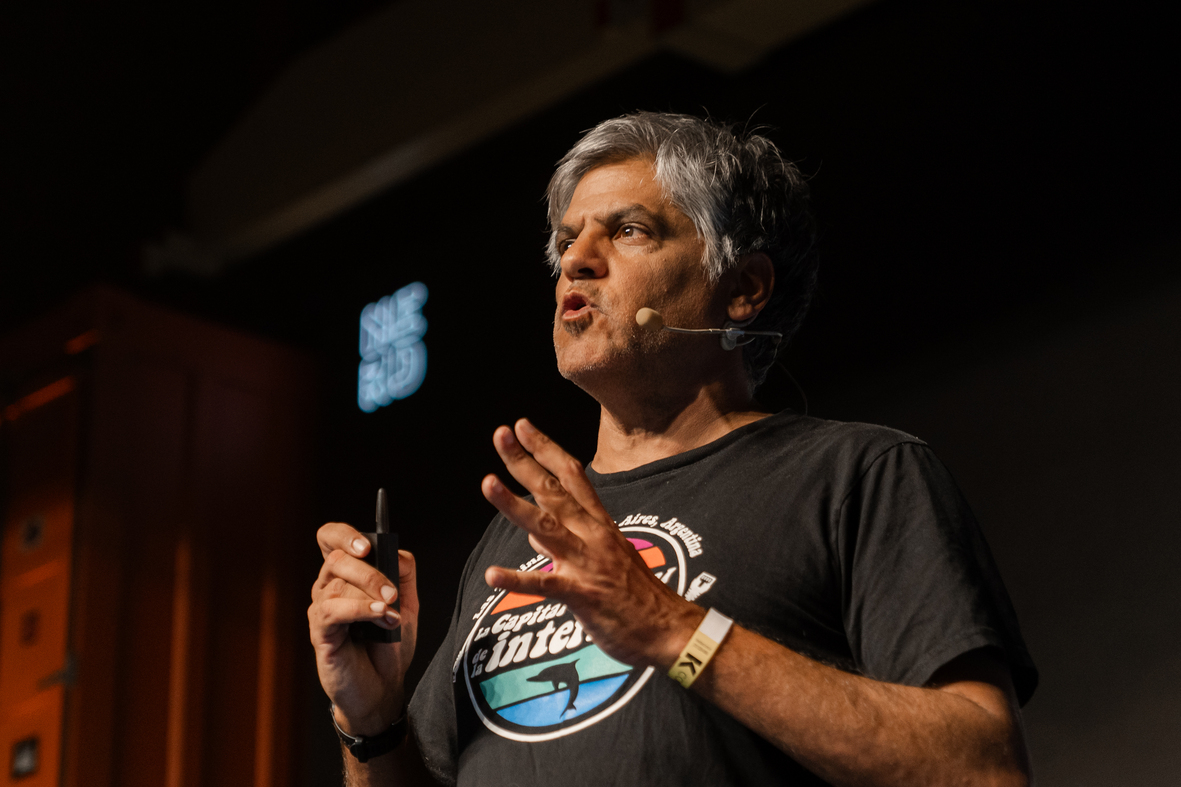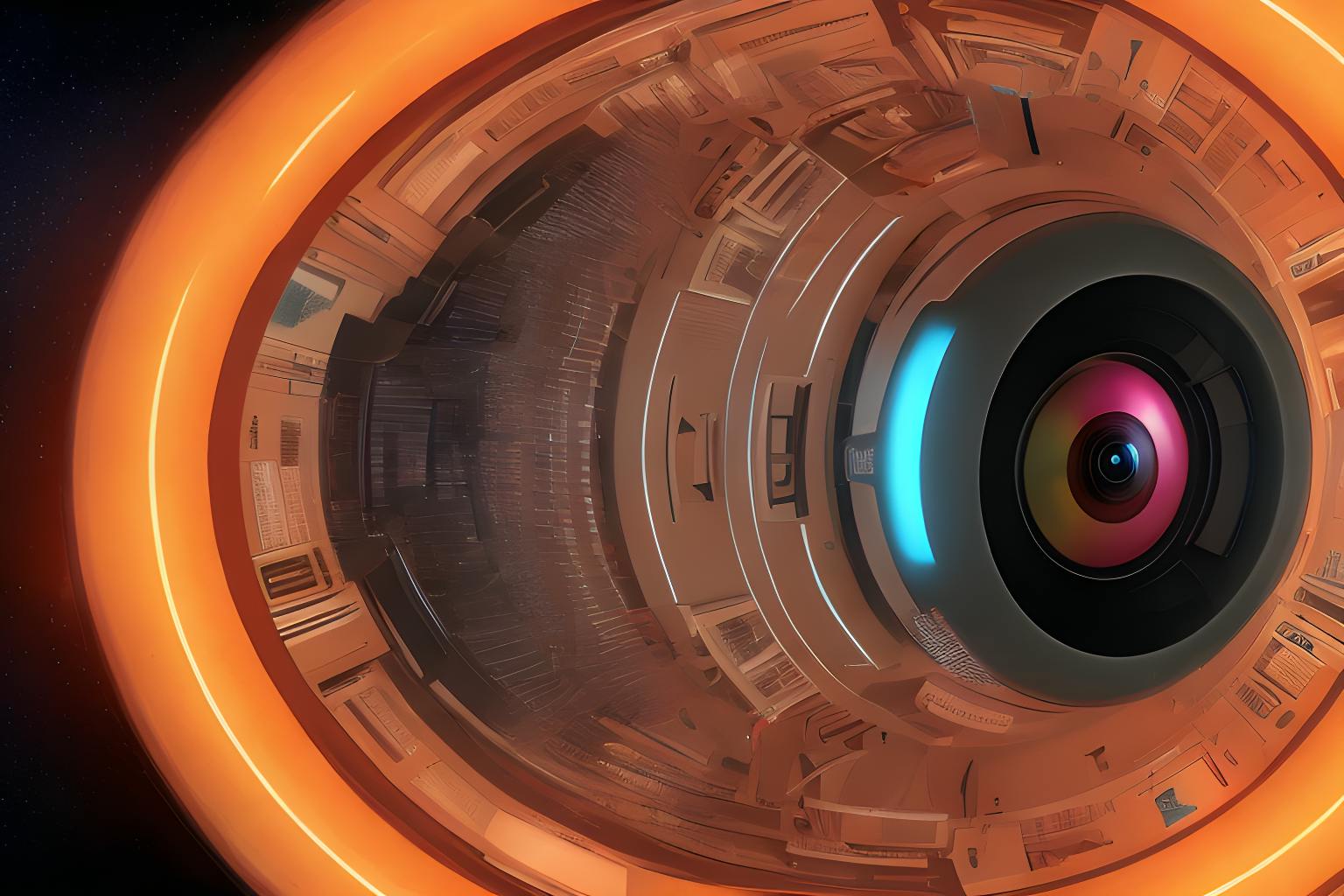3,885 reads
ChatGPT Explained in 5 Levels of Difficulty
by
December 28th, 2022
Audio Presented by

I’m a sr software engineer specialized in Clean Code, Design and TDD Book "Clean Code Cookbook" 500+ articles written
About Author
I’m a sr software engineer specialized in Clean Code, Design and TDD Book "Clean Code Cookbook" 500+ articles written
